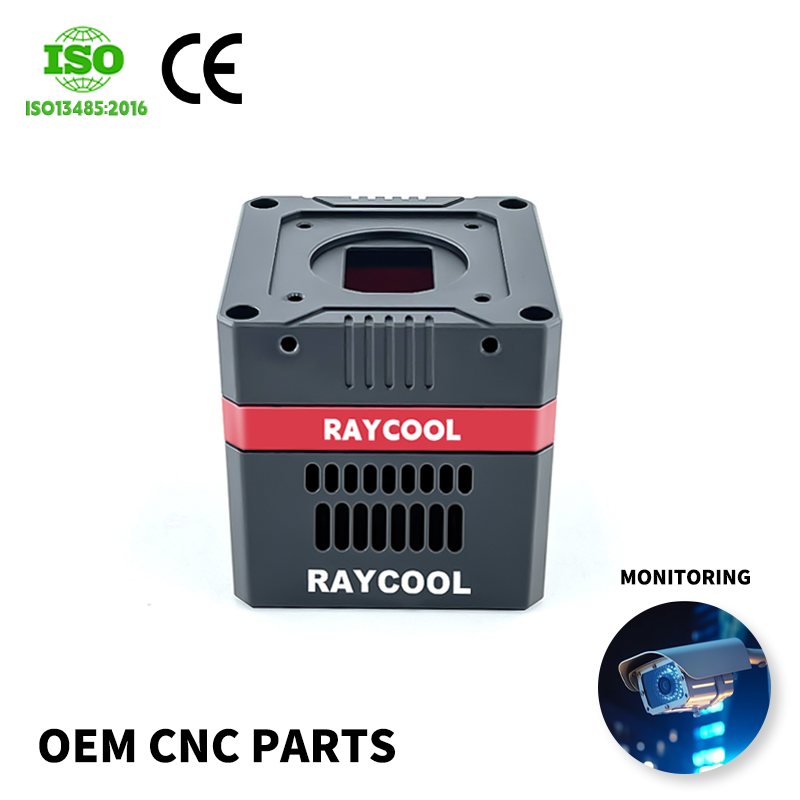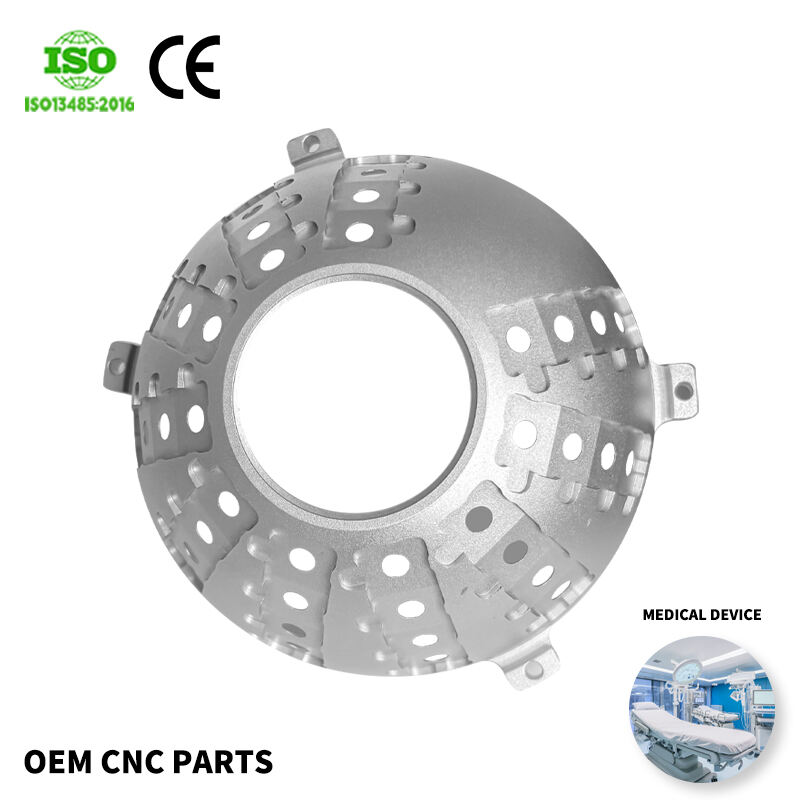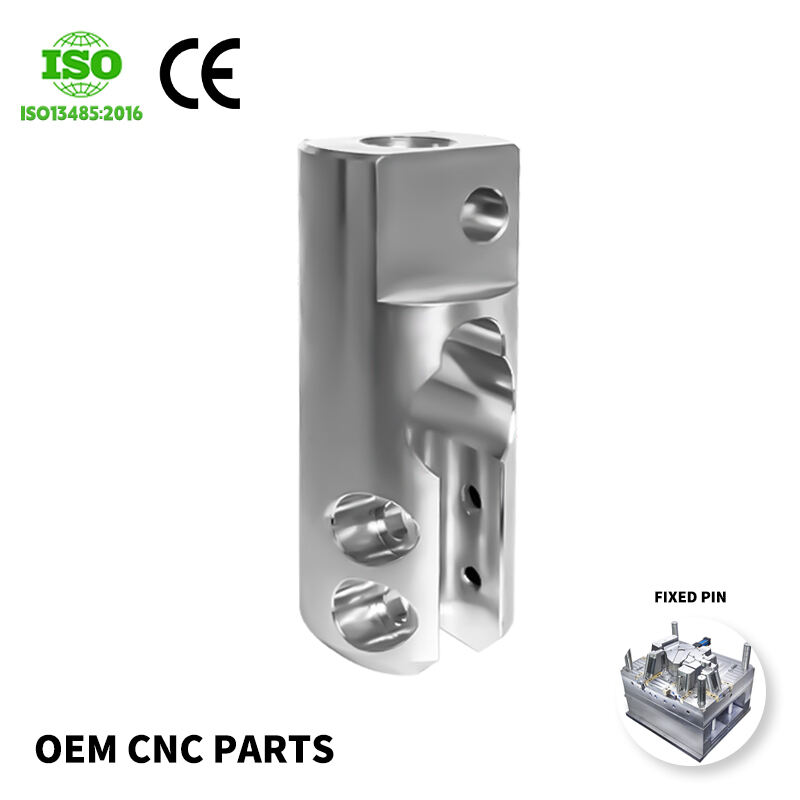precision mechanical machining
Precision mechanical machining represents a sophisticated manufacturing process that transforms raw materials into high-quality components with exceptional accuracy. This advanced manufacturing method employs computer-controlled machinery and cutting-edge tools to achieve tolerances as precise as micrometers. The process encompasses various techniques including turning, milling, grinding, and drilling, all executed with unprecedented precision. Modern precision machining centers utilize state-of-the-art CNC technology, enabling complex geometries and intricate features to be produced consistently and efficiently. These machines can operate on multiple axes simultaneously, allowing for the creation of sophisticated three-dimensional parts. The applications span across numerous industries, from aerospace and medical device manufacturing to automotive and electronics. The technology enables the production of critical components such as medical implants, engine parts, and precision instruments. What sets precision mechanical machining apart is its ability to maintain exceptional accuracy while handling diverse materials, including metals, plastics, and composites. The process ensures superior surface finishes and dimensional accuracy, making it indispensable for applications where performance and reliability are paramount.



